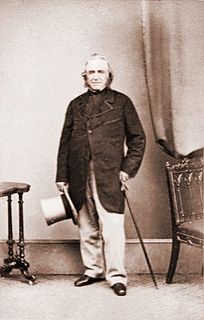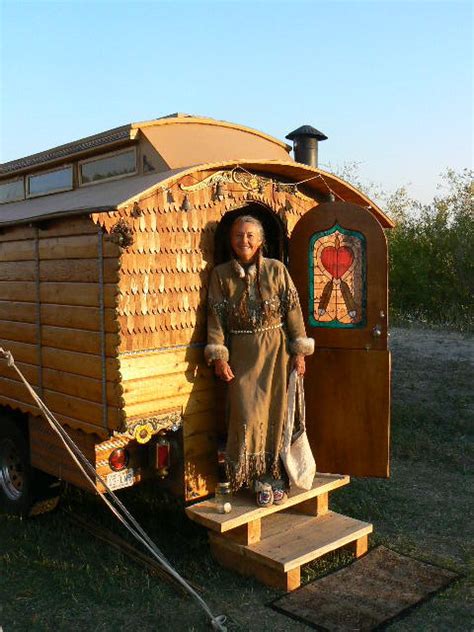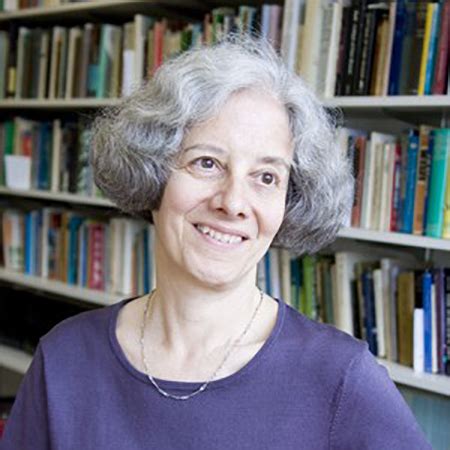A Quote by Joseph Paxton
No occupation is more worthy of an intelligent and enlightened mind, than the study of Nature and natural objects; and whether we labour to investigate the structure and function of the human system, whether we direct our attention to the classification and habits of the animal kingdom, or prosecute our researches in the more pleasing and varied field of vegetable life, we shall constantly find some new object to attract our attention, some fresh beauties to excite our imagination, and some previously undiscovered source of gratification and delight.
Quote Topics
Animal
Animal Kingdom
Attention
Attract
Beauties
Classification
Constantly
Delight
Direct
Enlightened
Excite
Field
Find
Fresh
Function
Gratification
Habits
Human
Imagination
Intelligent
Investigate
Kingdom
Labour
Life
Mind
More
Natural
Nature
New
Object
Objects
Occupation
Our
Pleasing
Shall
Some
Source
Structure
Structure And Function
Study
System
Than
Undiscovered
Varied
Vegetable
Whether
Worthy
Related Quotes
We don’t go further than what Marx called the exchange value of the actual object - we don’t think about the relations that that object embodies - and were important to the production of that object whether it’s our food or our clothes or our I-pads or all the materials we use to acquire an education at an institution like this. That would really be revolutionary to develop a habit of imagining the human relations and non human relations behind all of the objects that constitute our environment.
Some day no one will have to work more than two days a week... The human being can consume so much and no more. When we reach the point when the world produces all the goods that it needs in two days, as it inevitably will, we must curtail our production of goods and turn our attention to the great problem of what to do with our new leisure.
As human, we all have the same human potential, unless there is some sort of retarded brain function. The wonderful human brain is the source of our strength and the source of our future, provided we utilize it in the right direction. If we use the brilliant human mind in the wrong way, it is really a disaster.
Unexplained pain may sometimes direct our attention to something unacknowledged, something we are afraid to know or feel. Then it holds us to our integrity, claiming the attention we withhold. The thing which calls our attention may be a repressed experience or some unexpressed and important part of who we are. Whatever we have denied may stop us and dam the creative flow of our lives. Avoiding pain, we may linger in the vicinity of our wounds, sometime for many years, gathering the courage to experience them.
If our well-being depends upon the interaction between events in our brains and events in the world, and there are better and worse ways to secure it, then some cultures will tend to produce lives that are more worth living than others; some political persuasions will be more enlightened than others; and some world views will be mistaken in ways that cause needless human misery.
When we shall come home, and enter into the possession of our Brother's fair kingdom, and when our heads shall find the weight of the eternal crown of glory, then we shall look back to pains and sufferings and then we will see life and sorrow to be less than one step or stride from a prison to glory. Our little inch of time-suffering is not worthy of our first night's welcome-home to heaven.
Living an awakened life [...] is just a matter of where our attention is being placed. It is possible for our human-beingness and our true nature or presence to exist wonderfully well together, enriching each other through their closeness. It is through the power of our attention that we experience one or the other or both.
When I speak about attention, I mean literally, "How much attention can we pay to ourselves?" As children, sometimes we cannot hold our attention for more than a couple of seconds. Over the years we are able to attend to more and more. Yet, we're seldom schooled to hold life in respect, to enlarge our ability to love, take care of, and be respectfully connected with all things around us.
The more aggressive our ideologies become, the more aggressive our discourse whether it's in the United States, from Washington D.C., or whether it's from Tehran, or from some underground Al-Qaeda cell. The more aggressive that discourse is, the more people of moderate persuasion have to organize and speak a voice of compassion. That means to feel with the other.
We certainly have to have a view about knowledge in order to decide whether some version of foreknowledge is necessary for inquiry or whether some philosopher or other thinks it is. Roughly, the more demanding our conception of knowledge is, the less plausible foreknowledge is; the weaker our conception of knowledge is, the more plausible foreknowledge is.








































